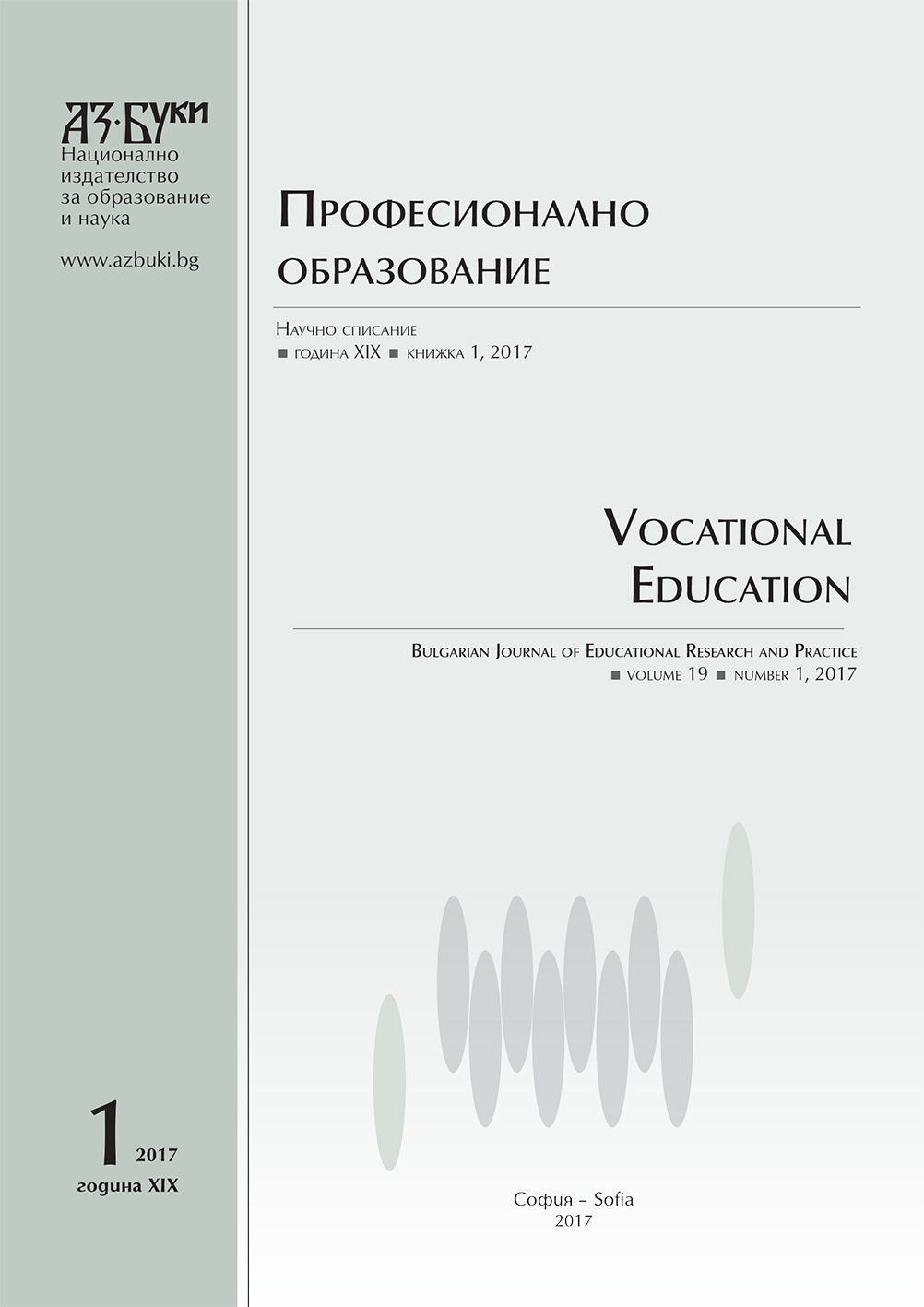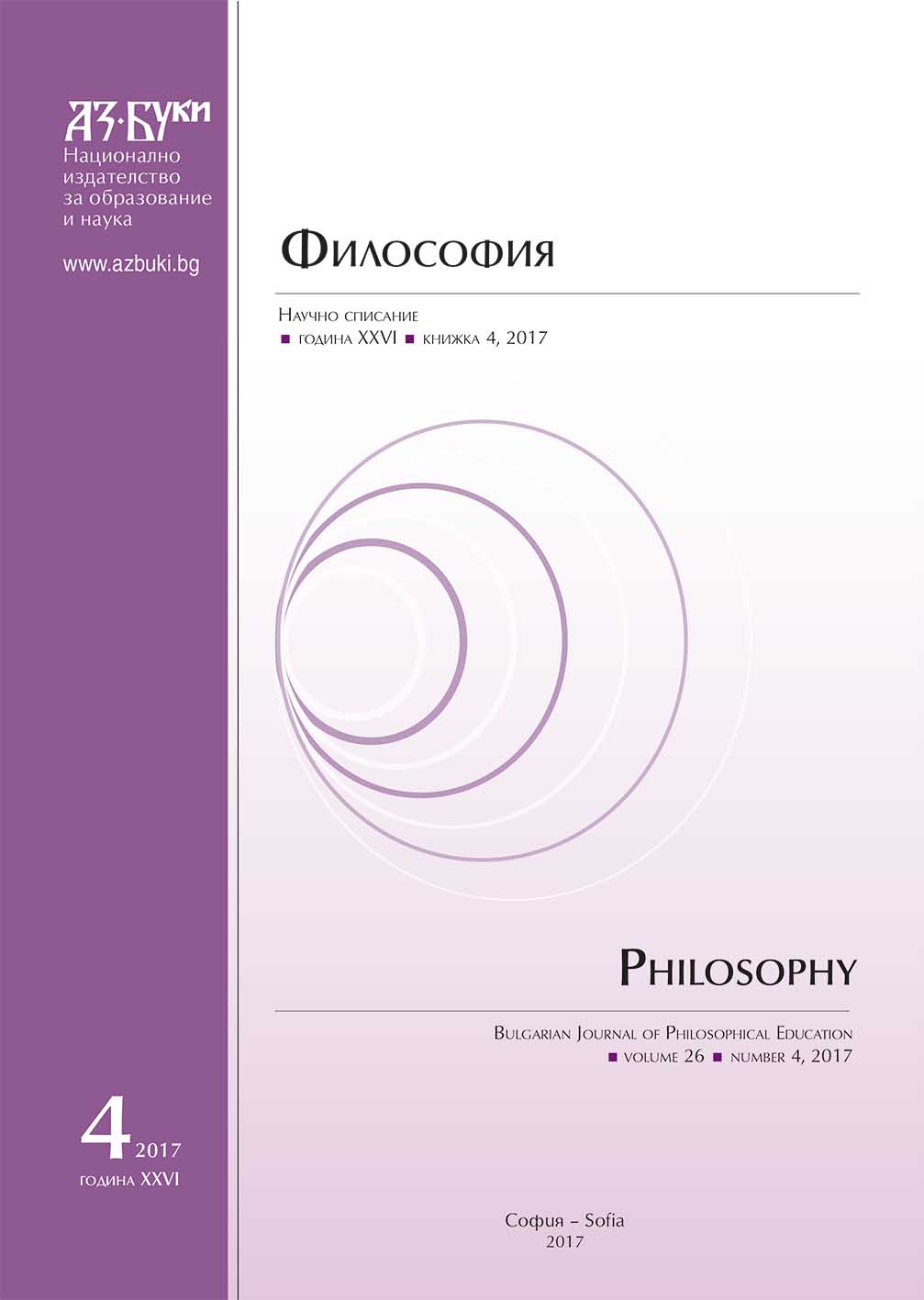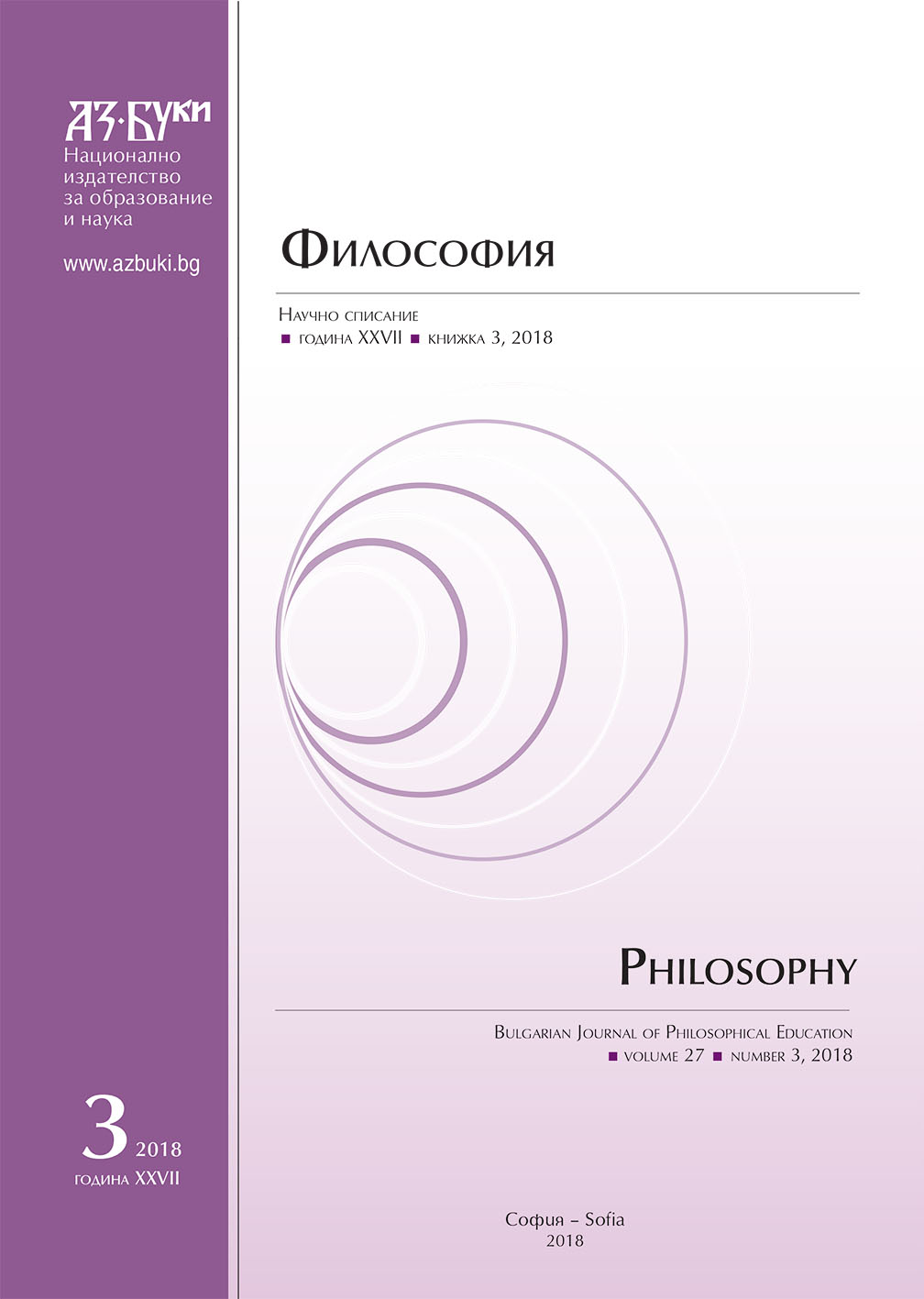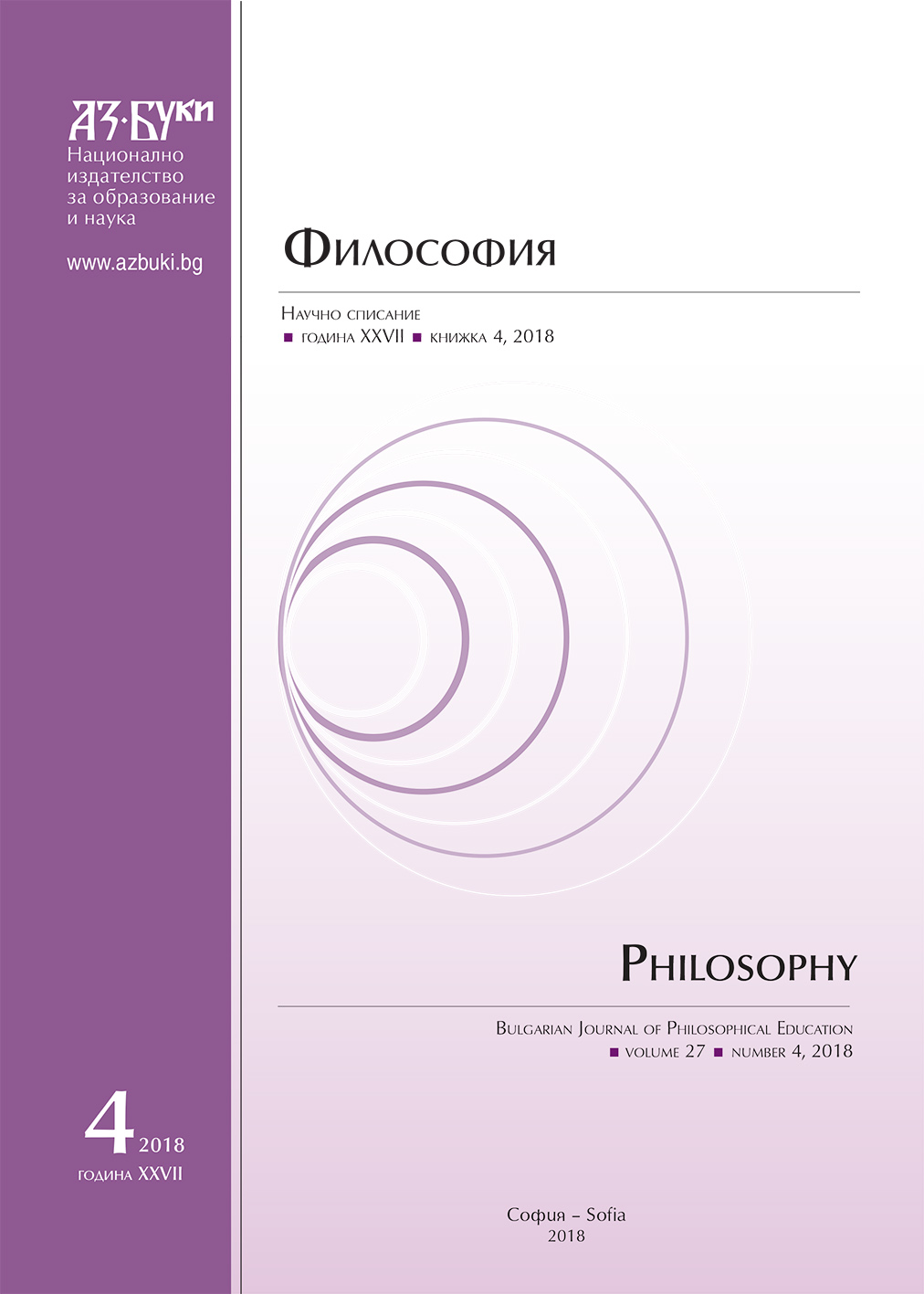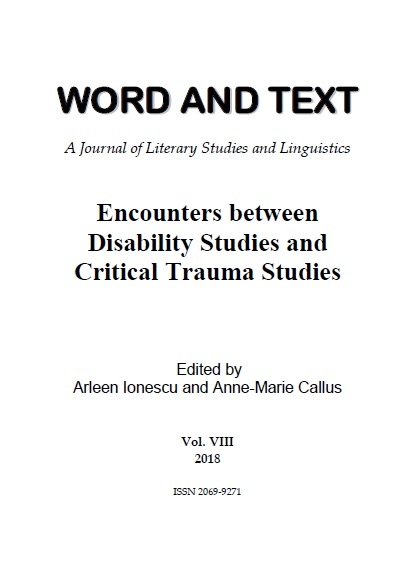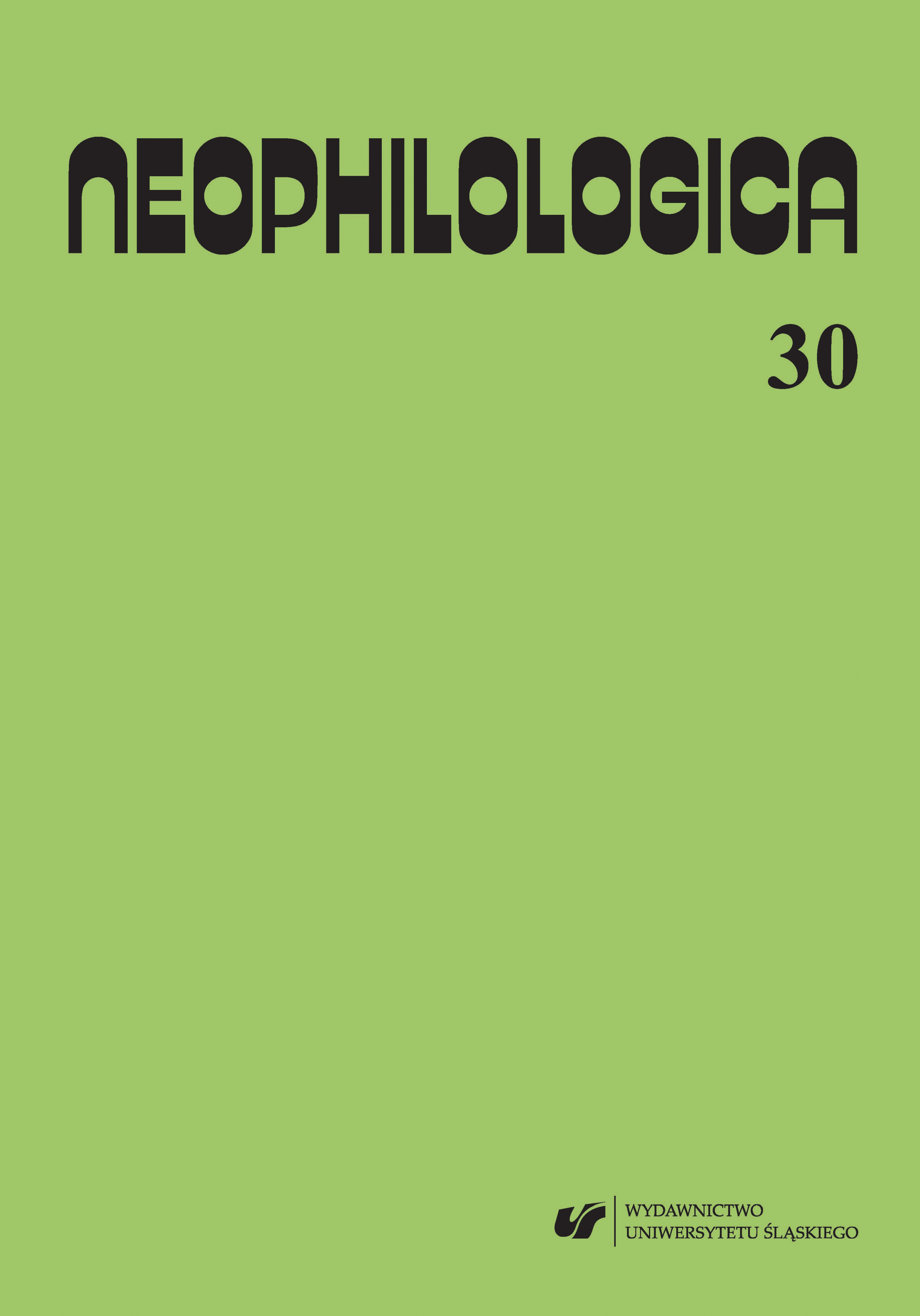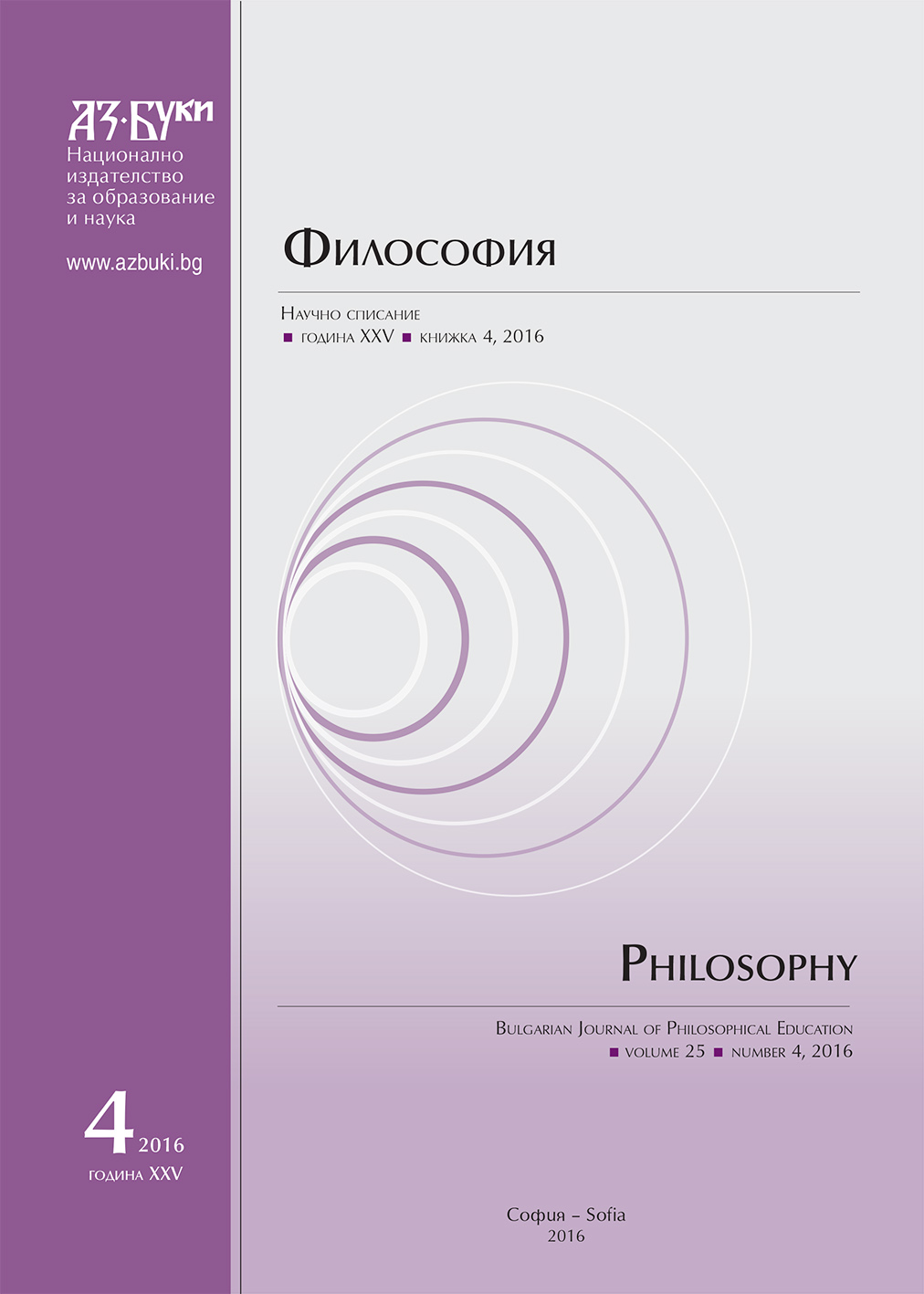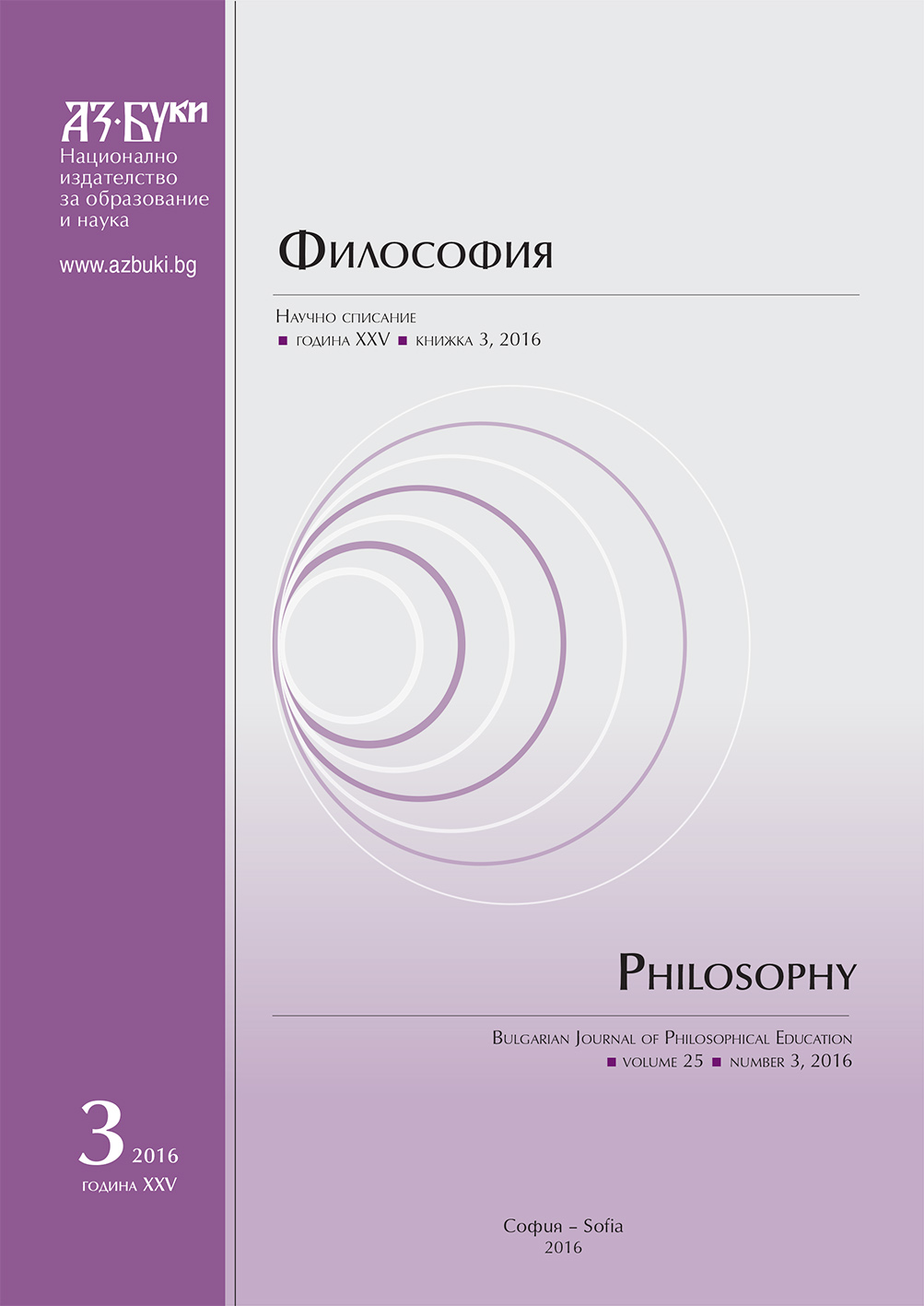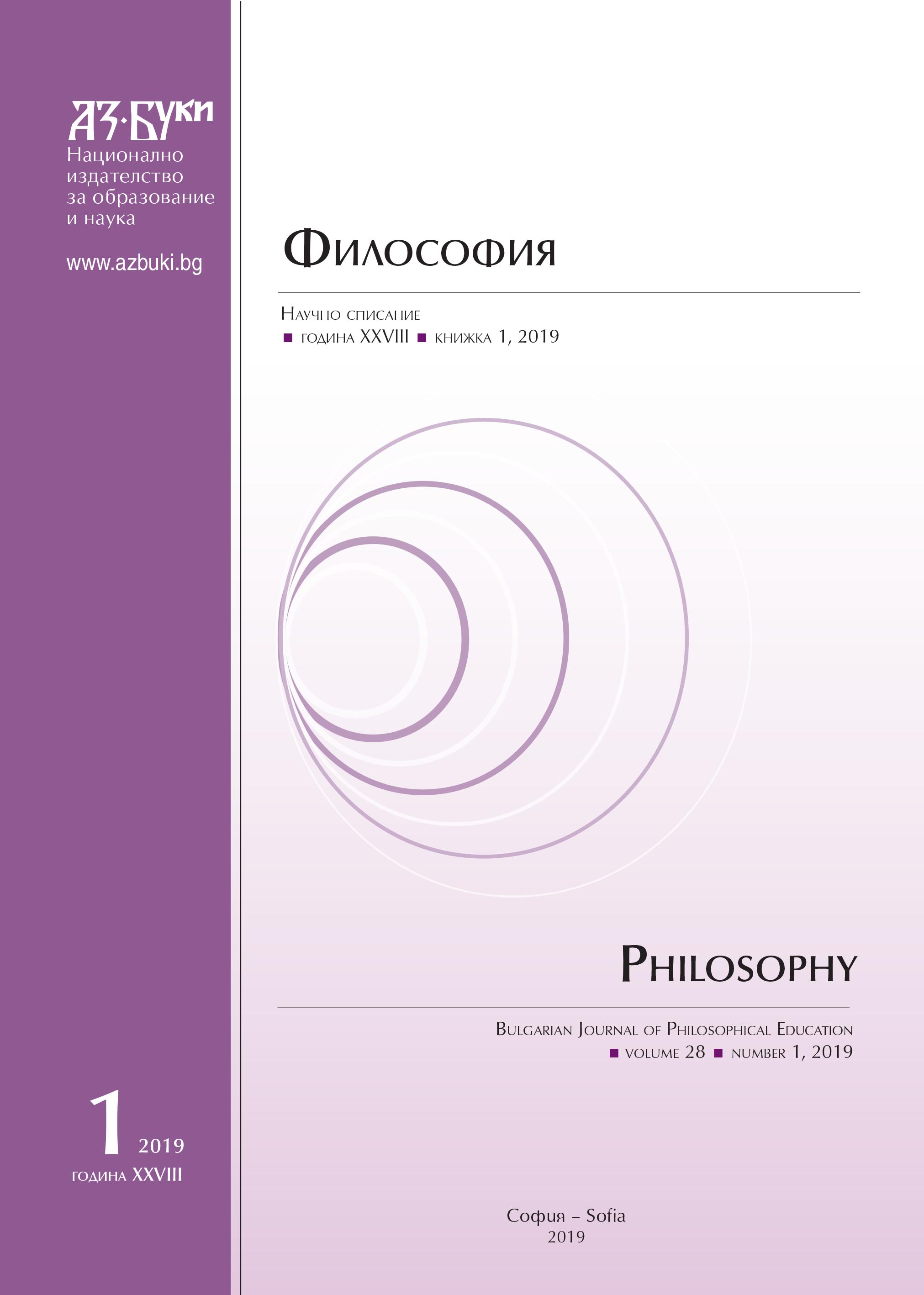Author(s): Wiesław Banyś / Language(s): French
Issue: 30/2018
In this text we will briefly discuss some examples of the influence of the chosen philosophy and epistemology leading in a natural way to a change in research paradigm and consequently to a change in methods of linguistic description.
We will present two types of situations:
• The situation where one arrives at the same types, basically, of descriptive methods in the same discipline starting from different philosophical and epistemological foundations, generally without being aware of it or without having specified them (see, e.g., Predicates-Arguments Structures vs Object-Oriented Approach vs Classes of Objects vs. SketchEngine).
• The situation where one arrives at the same types, basically, of descriptive methods in different disciplines starting from different or similar philosophical and epistemological foundations (see e.g., Object-Oriented Approach, Classes of Objects vs Ecological Psychology / Incorporated Radical Cognition).
In a “good method”, descriptive methods derive from the philosophical and epistemological foundations adopted consciously or unconsciously.
Sometimes, if the choices are more operational and more practical applications oriented, in “normal science”, in T. Kuhn’s terminology, one must go backwards to discover these foundations from the chosen descriptive principles.
At the same time, different philosophical foundations can lead to the same types, at least roughly, of descriptive methods of reality.
The descriptions made in the framework of different paradigms, like these paradigms, are complementary and, in the last instance, “cumulative”, thus giving a more complete description of the reality, which, while submitted to different visions, does not, naturally, change.
More...
